Home>Articles>How Much Does It Cost For An HVAC Service Call
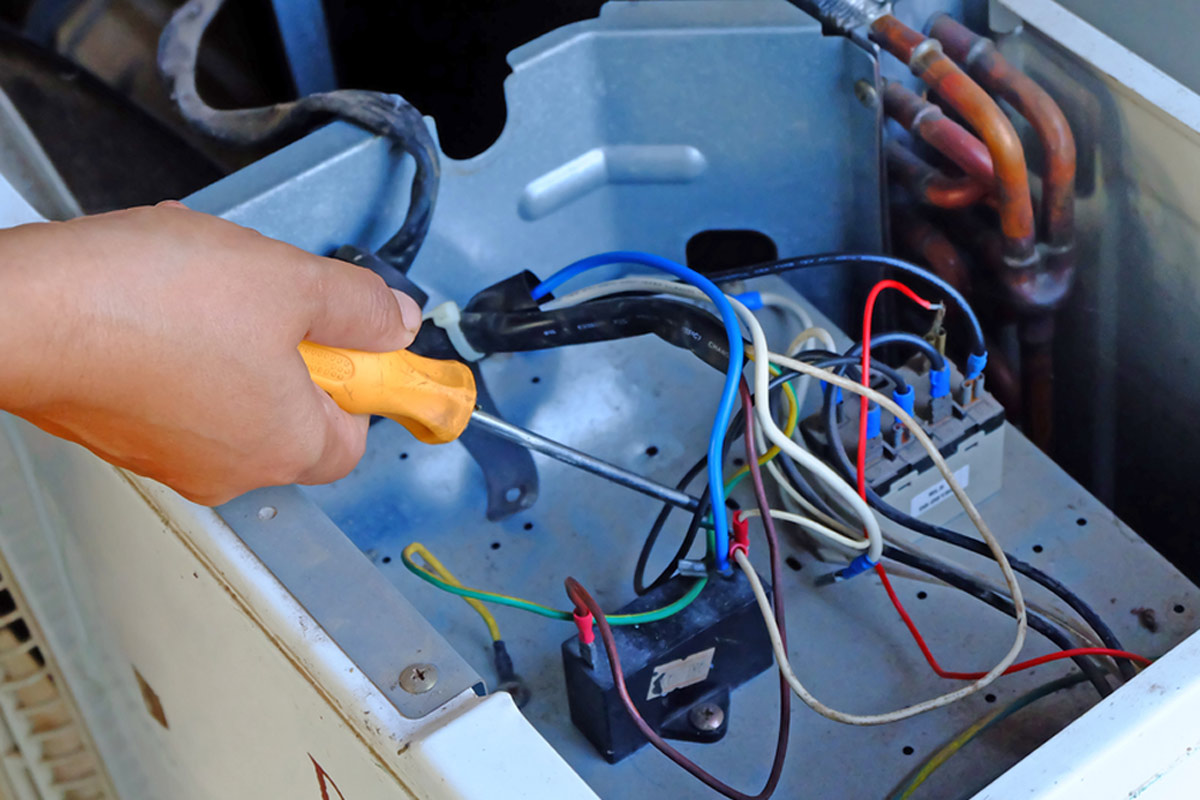

Articles
How Much Does It Cost For An HVAC Service Call
Modified: January 8, 2024
Get an idea of how much an HVAC service call may cost you with our informative articles. Stay informed and be prepared!
(Many of the links in this article redirect to a specific reviewed product. Your purchase of these products through affiliate links helps to generate commission for Storables.com, at no extra cost. Learn more)
Introduction
Welcome to our comprehensive guide on how much to expect to pay for an HVAC service call. When it comes to maintaining the comfort and efficiency of your heating, ventilation, and air conditioning (HVAC) system, regular service and maintenance are crucial. However, one question that many homeowners and property owners often have is, “How much should I budget for an HVAC service call?”
Understanding the cost of HVAC service calls can help you plan and allocate your budget accordingly. In this article, we will delve into the factors that impact HVAC service call costs and provide you with an average estimate of the expenses involved. Additionally, we will offer some valuable tips on how to save money on HVAC service calls, helping you maintain your system without breaking the bank.
Whether you’re a homeowner or a rental property manager, staying informed about HVAC service call costs is essential. By doing so, you can make informed decisions when it comes to scheduling routine maintenance or addressing any issues that may arise with your HVAC system. So, let’s dive into the details and find out how much you can expect to pay for an HVAC service call.
Key Takeaways:
- Regular HVAC maintenance costs range from $75 to $200, while emergency service calls can start at $150. Investing in preventive maintenance can extend your system’s lifespan and minimize costly repairs.
- Factors such as system age, geographical location, and extent of repairs can impact HVAC service call costs. Researching and comparing service providers, as well as considering service contracts, can help save on expenses.
Read more: How Much Does An HVAC Inspection Cost
Understanding HVAC Service Calls
An HVAC service call is an appointment or visit by a professional HVAC technician to your home or property to assess, diagnose, and/or repair any issues with your heating, ventilation, and air conditioning system. These service calls are essential for maintaining the efficiency, performance, and lifespan of your HVAC system.
During an HVAC service call, the technician will perform various tasks such as inspecting the system, cleaning and replacing filters, checking for leaks or obstructions, testing electrical connections, and lubricating moving parts. They may also address any specific issues or concerns you have with your HVAC system, such as strange noises, uneven temperature distribution, or increased energy bills.
The duration of an HVAC service call can vary depending on the complexity of the system and the specific tasks being performed. In general, a routine maintenance service call can take anywhere from 1 to 3 hours, while more extensive repairs or installations may require a longer duration.
It’s important to note that HVAC service calls are not just limited to addressing problems or malfunctions. Regular maintenance service calls are recommended at least once a year to ensure optimal performance and prevent potential breakdowns. These preventive maintenance calls help identify and address any potential issues before they become major problems, saving you both time and money in the long run.
Now that we understand the purpose of HVAC service calls, let’s explore the factors that can impact the costs associated with these visits.
Factors Impacting HVAC Service Call Costs
Several factors can influence the costs associated with an HVAC service call. It’s essential to understand these factors to have a clear idea of what to expect when it comes to budgeting for your HVAC maintenance and repair needs. Here are some key factors that can impact HVAC service call costs:
- Type of Service: The nature of the service required will have a significant impact on the cost. Routine maintenance visits typically have a lower cost compared to emergency repairs or complex installations. A simple filter replacement or cleaning may cost less than troubleshooting and fixing a major issue.
- Time of the Year: HVAC service companies often experience high demand during peak seasons, such as summer and winter when homeowners heavily rely on their systems for cooling and heating. During these times, service call costs may be higher due to increased demand and workload.
- System Age and Condition: The age, condition, and complexity of your HVAC system can affect the service call costs. Older systems or those in poor condition may require additional time and effort to diagnose and repair, resulting in higher costs.
- Extent of Repairs needed: If your HVAC system requires extensive repairs or components replacement, the service call costs will naturally increase. The cost of parts and labor required for major repairs or system overhauls will have a significant impact on the overall expense.
- Geographical Location: HVAC service call costs can vary based on your geographical location due to factors such as regional labor costs, availability of HVAC technicians, and the cost of living in that area.
- Emergency Service: If you require emergency HVAC service outside of regular business hours, expect an additional premium for the convenience and expedited response time. Emergency service calls generally cost more than scheduled maintenance visits or repairs during regular working hours.
It’s important to keep these factors in mind when budgeting for HVAC service call costs. Now that we’ve explored the factors impacting the costs, let’s discuss the average expenses involved in an HVAC service call.
Average Cost of HVAC Service Calls
The average cost of an HVAC service call can vary depending on the factors we discussed earlier. It’s important to note that these figures are estimates and can fluctuate based on location and specific service providers. However, having a general idea of the average costs can help you plan your budget accordingly. Here is a breakdown of the average costs you can expect for different types of HVAC service calls:
- Routine Maintenance: Regular HVAC maintenance visits typically range from $75 to $200. This includes tasks such as cleaning the system, replacing filters, and performing basic diagnostics. Routine maintenance can help prevent major issues and extend the lifespan of your HVAC system.
- Repairs: The cost of HVAC repairs can vary widely depending on the extent of the problem and the parts required. Minor repairs may range from $100 to $500, while major repairs can go up to $1,000 or more. Costs may also increase if specialized skills or equipment are needed for the repair.
- Emergency Service Calls: Emergency HVAC service calls outside of regular working hours typically have higher costs. It’s not uncommon to see emergency service fees starting at $150 and going upwards based on the time of day and the complexity of the issue. It’s important to note that emergency service fees may also apply if the technician needs to come to your location immediately due to the severity of the problem.
- New Installations: If you’re considering installing a new HVAC system, the cost can vary significantly based on factors such as the size of your property, the type of system you choose, and any additional features or upgrades you opt for. On average, homeowners can expect to pay anywhere from $3,000 to $10,000 or more for a complete HVAC system installation.
Keep in mind that these are just average estimates, and the costs can vary based on the factors we discussed earlier. It’s always best to contact reputable HVAC service providers in your area to get accurate estimates for your specific needs.
Now that we have a better understanding of the average costs involved, let’s explore some additional factors to consider when budgeting for HVAC service calls.
Regular maintenance of your HVAC system can help prevent the need for costly service calls. Change filters, clean coils, and schedule professional inspections to keep your system running efficiently.
Cost Factors to Consider
When budgeting for HVAC service calls, it’s important to consider various cost factors that can impact the overall expenses. By understanding these factors, you can make informed decisions and avoid any unexpected financial surprises. Here are some key cost factors to consider:
- Service Agreements: Many HVAC service providers offer service agreements or maintenance plans. These plans typically involve regular maintenance visits and can help spread out the costs of service calls over time. Consider the benefits and costs associated with service agreements to determine if they are a cost-effective option for your specific needs.
- System Warranty: If your HVAC system is still under warranty, certain repairs and maintenance may be covered, reducing your out-of-pocket expenses. Be sure to check the terms and conditions of your warranty and consult with the manufacturer or an authorized dealer to understand what is covered and what is not.
- DIY vs. Professional: While there are some HVAC maintenance tasks you can do yourself, such as changing air filters, more complex issues should be left to professionals. Attempting repairs or maintenance without the necessary skills and knowledge can lead to costlier mistakes in the long run. Consider the risks and benefits of DIY versus hiring a professional when it comes to cost and the long-term health of your HVAC system.
- Energy Efficiency: Investing in energy-efficient HVAC systems and components can reduce both your energy bills and potential repair costs. Though they may have a higher upfront cost, energy-efficient systems can save you money in the long run by operating more efficiently and requiring fewer repairs.
- HVAC Professional Credentials: It’s crucial to choose a reputable and certified HVAC professional for your service calls. While their rates may be higher, their expertise and knowledge can ensure that the job is done correctly and efficiently, potentially saving you money on future repairs or system replacements.
Considering these cost factors will help you make educated decisions when it comes to your HVAC service calls. However, there are also ways you can save money on these services. Let’s explore some valuable tips for saving on HVAC service calls.
Read more: How Much Does HVAC Ductwork Cost
Tips for Saving on HVAC Service Calls
While HVAC service calls are necessary for the proper maintenance and functioning of your system, there are several ways you can save money on these services. Implementing these tips can help you keep your HVAC system in top shape without breaking the bank. Here are some valuable tips for saving on HVAC service calls:
- Maintain Regular Maintenance: One of the most effective ways to save on HVAC service calls is by scheduling regular maintenance. Routine maintenance helps identify and address minor issues before they turn into major problems that require costly repairs. By investing in preventive maintenance, you can extend the lifespan of your HVAC system and minimize the need for emergency calls.
- Change Air Filters Regularly: Regularly changing your HVAC system’s air filters can improve its efficiency and reduce the strain on the system. Clogged or dirty filters can hinder airflow and cause your system to work harder, increasing energy consumption and potentially leading to breakdowns. By keeping your air filters clean, you can avoid unnecessary service calls and maintain optimal performance.
- Keep the Area Around the Outdoor Unit Clear: Ensure that the outdoor unit of your HVAC system is free from any obstructions such as debris, vegetation, or other objects. A clear area around the unit allows proper airflow, preventing overheating and reducing strain on the system. By maintaining a clean and unobstructed outdoor unit, you can minimize the risk of service calls resulting from system issues.
- Invest in a Programmable Thermostat: Installing a programmable thermostat allows you to control the temperature settings of your HVAC system efficiently. By programming temperature adjustments based on your routine and occupancy patterns, you can optimize energy usage and potentially reduce the need for service calls. Programmable thermostats can help you save on energy costs without sacrificing comfort.
- Research and Compare Service Providers: Take the time to research and compare different HVAC service providers in your area. Look for reputable companies with positive customer reviews and certifications. Obtaining quotes from multiple providers can help you choose the service company that offers competitive pricing without compromising on quality and expertise.
- Consider Service Contracts: Service contracts or maintenance plans offered by HVAC companies can provide cost savings and peace of mind. These agreements often include regular maintenance visits, priority service, and discounts on repairs. Assess the terms and costs of these contracts to determine if they align with your specific needs and budget.
By implementing these tips, you can save money on HVAC service calls while ensuring the efficiency and longevity of your system. Now, let’s wrap up our discussion.
Conclusion
Understanding the cost of HVAC service calls is essential for homeowners and property owners alike. By being aware of the factors that impact these costs and having a general idea of the average expenses involved, you can effectively budget for your HVAC maintenance and repair needs.
Remember that routine maintenance is key to keeping your HVAC system in optimal condition and minimizing the need for costly repairs. Changing air filters regularly, keeping the area around the outdoor unit clear, and investing in energy-efficient systems can also help you save on service calls in the long run.
When it comes to choosing an HVAC service provider, conducting research, reading customer reviews, and comparing quotes can help you find a reputable company at a competitive price. Additionally, considering service contracts or maintenance plans can provide cost savings and added benefits.
By implementing these tips and staying proactive with your HVAC system’s maintenance, you can enjoy improved comfort, energy efficiency, and potential savings on service calls.
Remember, while it’s important to budget for HVAC service calls, it’s equally important to prioritize the health and efficiency of your system. Regular maintenance and addressing issues promptly can help you avoid major breakdowns and prolong the lifespan of your HVAC system.
We hope this guide has provided you with valuable insights into the cost factors and average expenses associated with HVAC service calls. With this knowledge, you can make informed decisions and ensure that your HVAC system operates smoothly all year round.
Frequently Asked Questions about How Much Does It Cost For An HVAC Service Call
Was this page helpful?
At Storables.com, we guarantee accurate and reliable information. Our content, validated by Expert Board Contributors, is crafted following stringent Editorial Policies. We're committed to providing you with well-researched, expert-backed insights for all your informational needs.
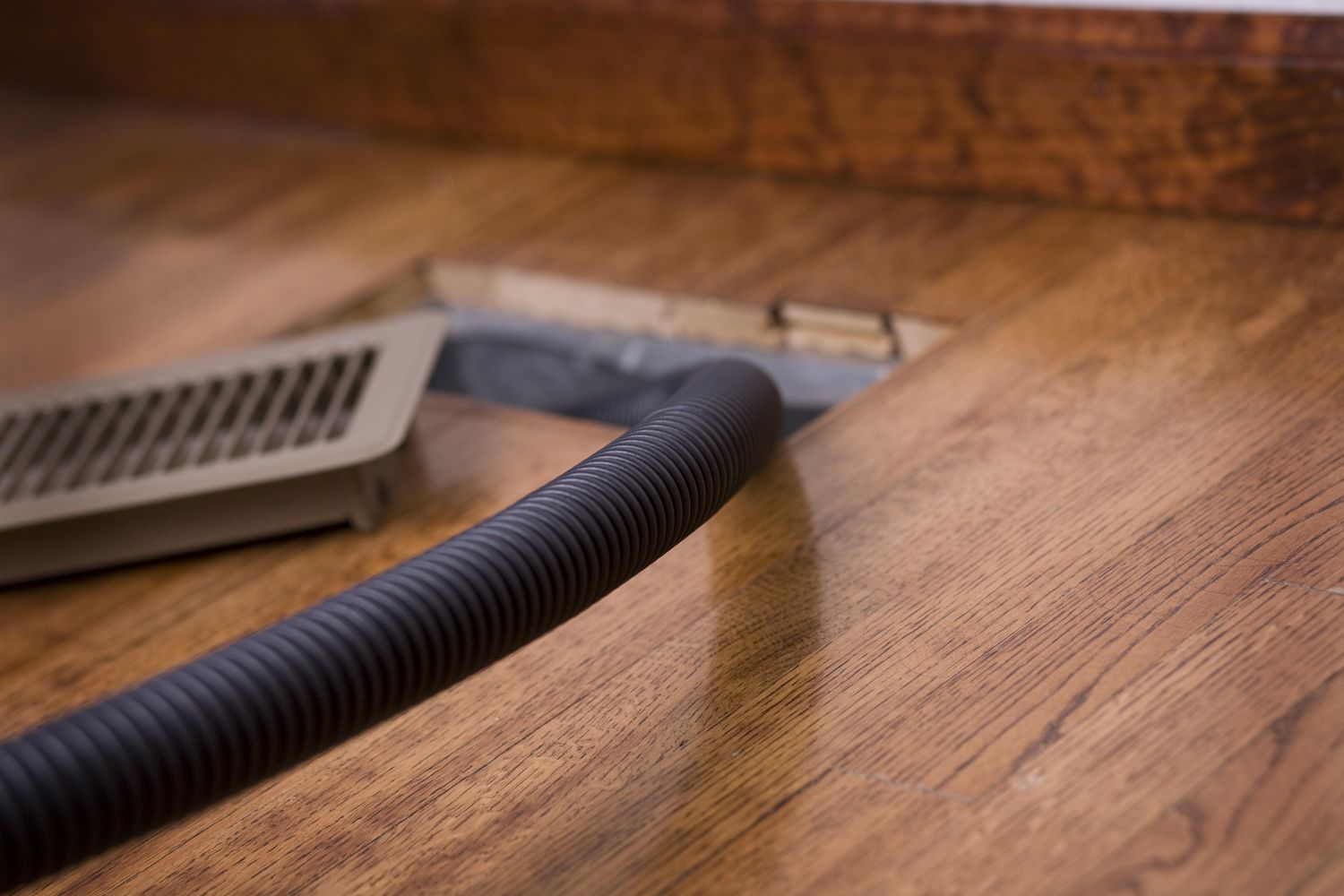
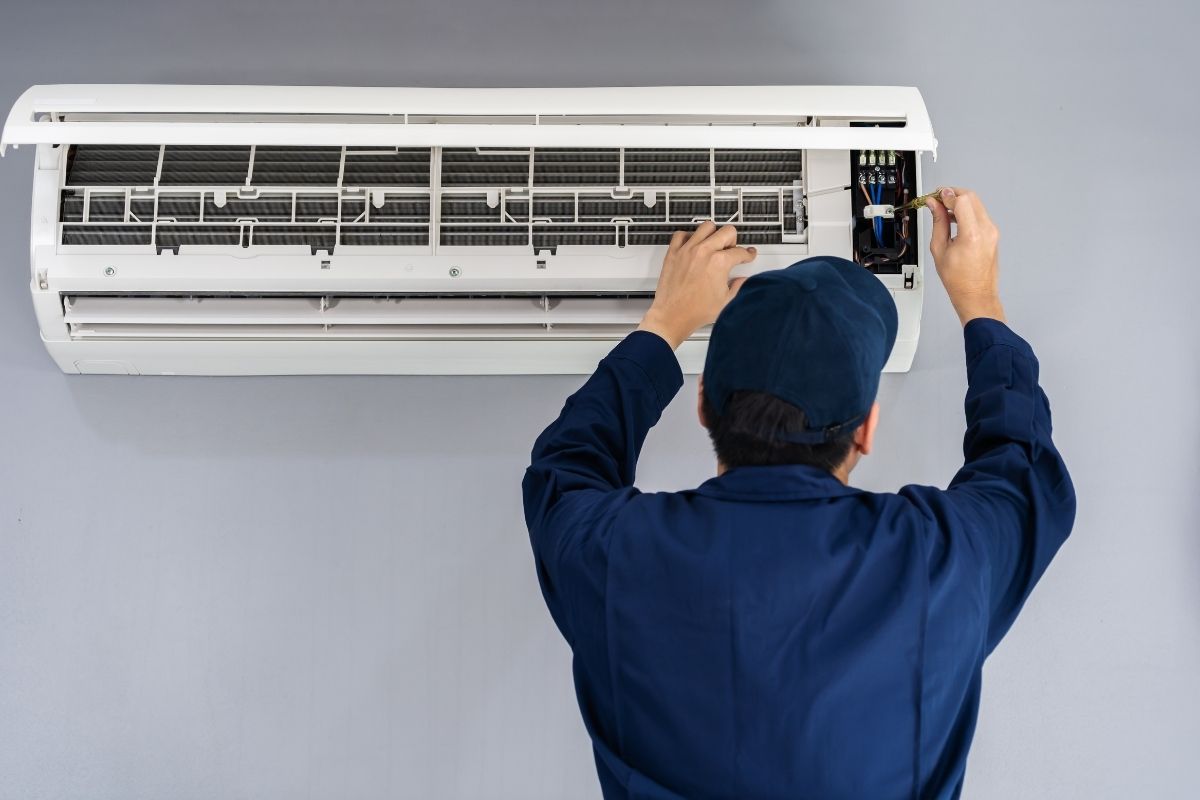
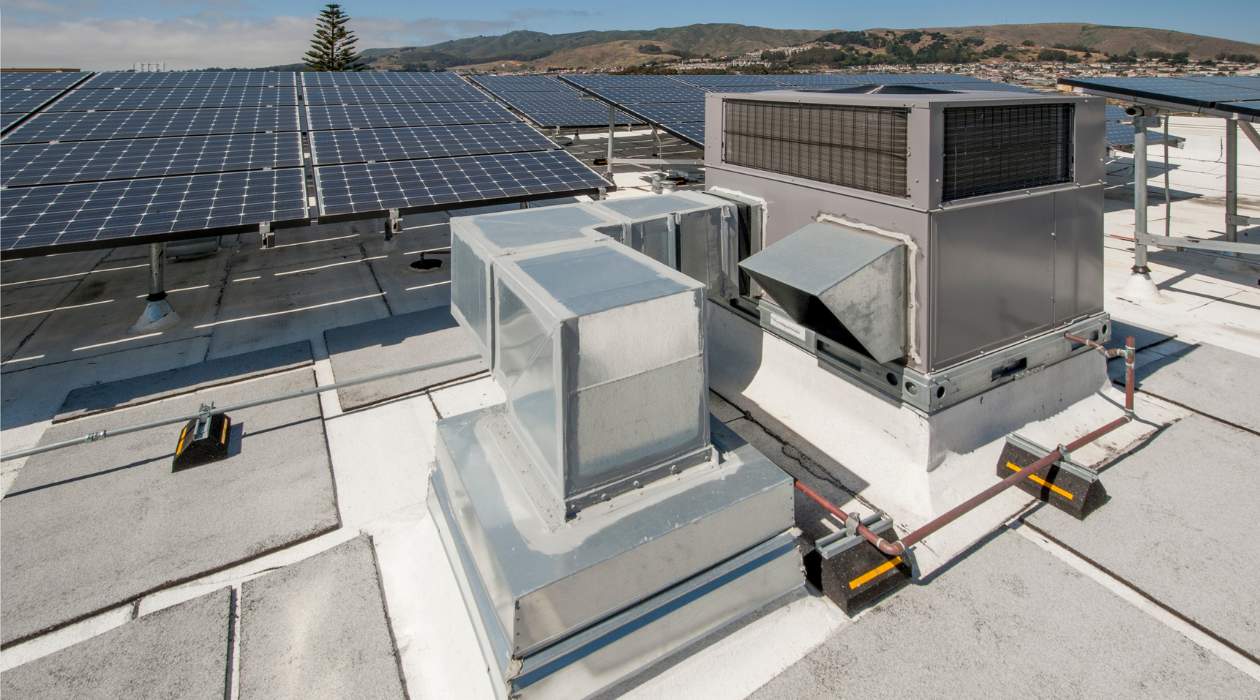
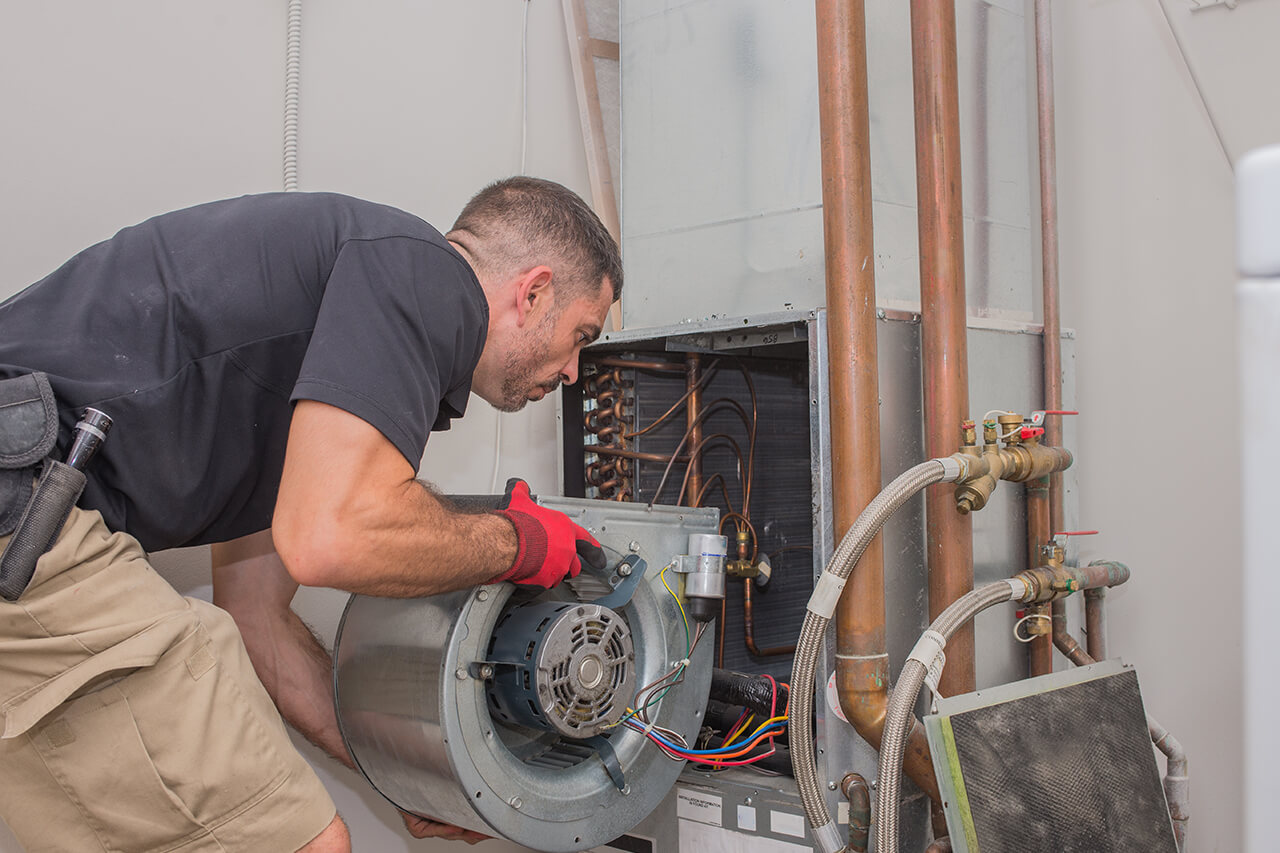
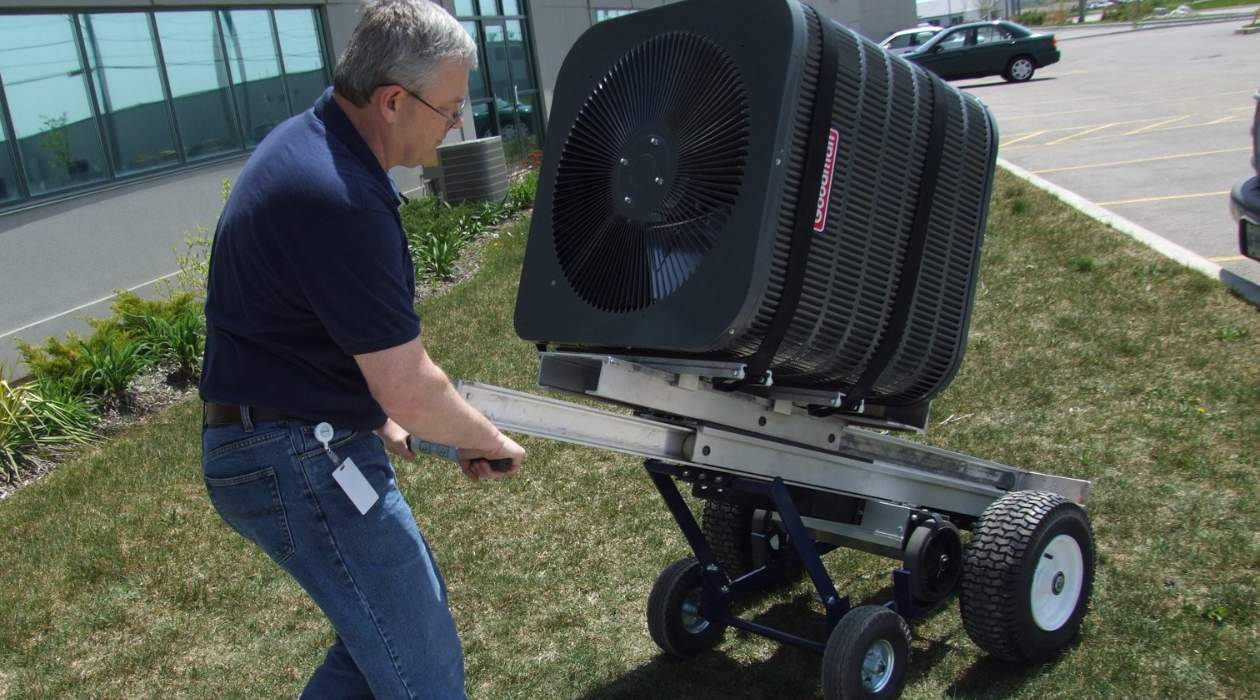
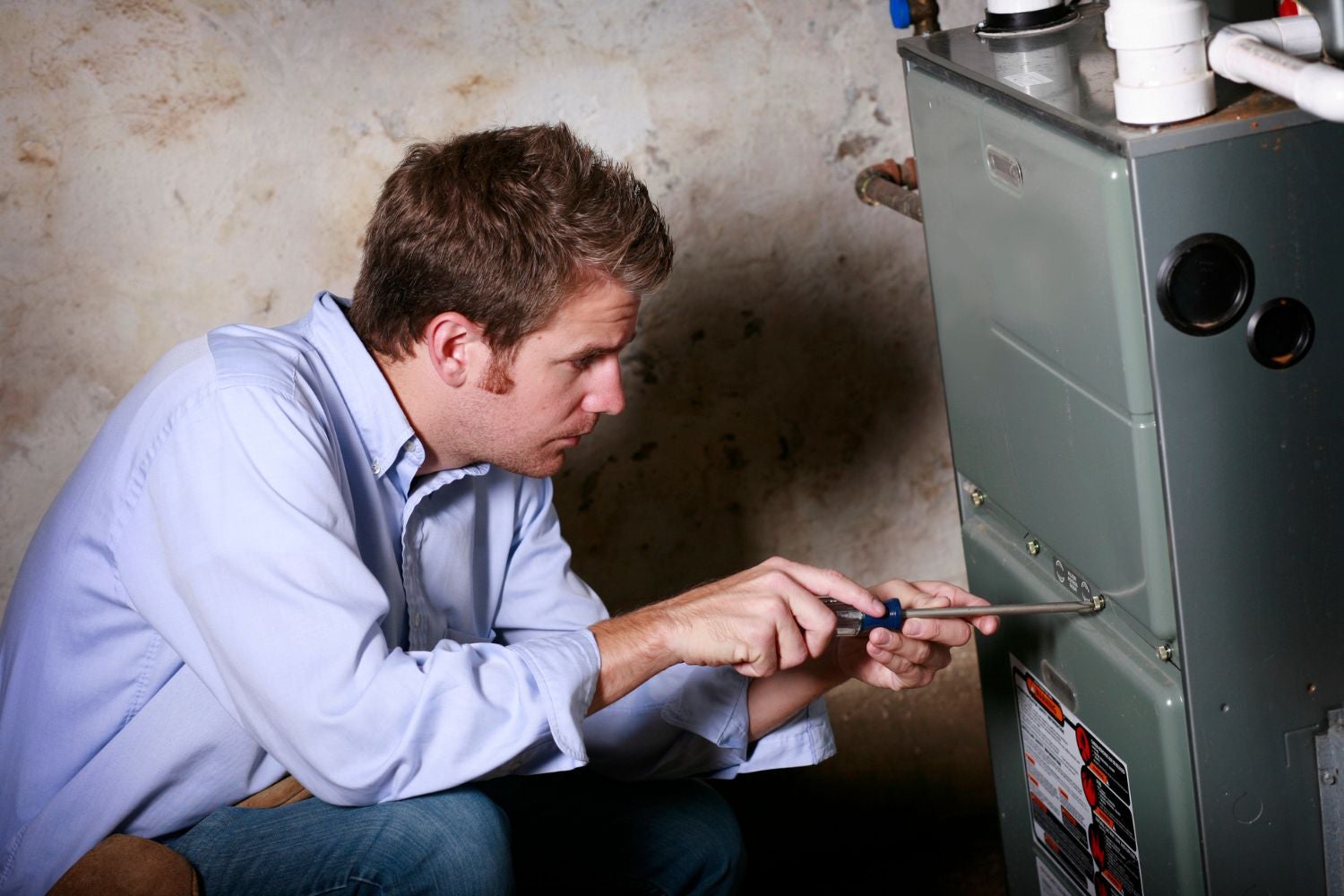
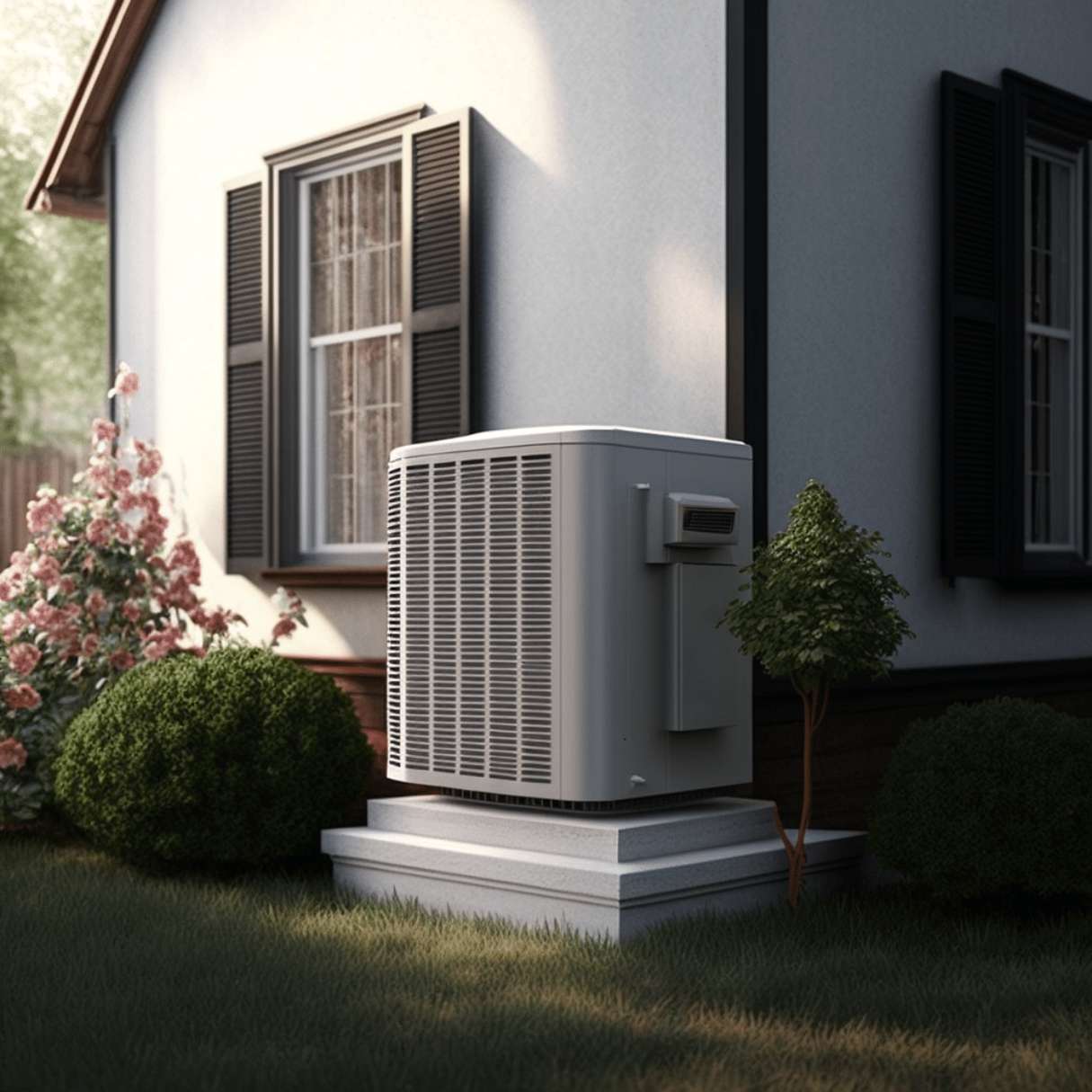
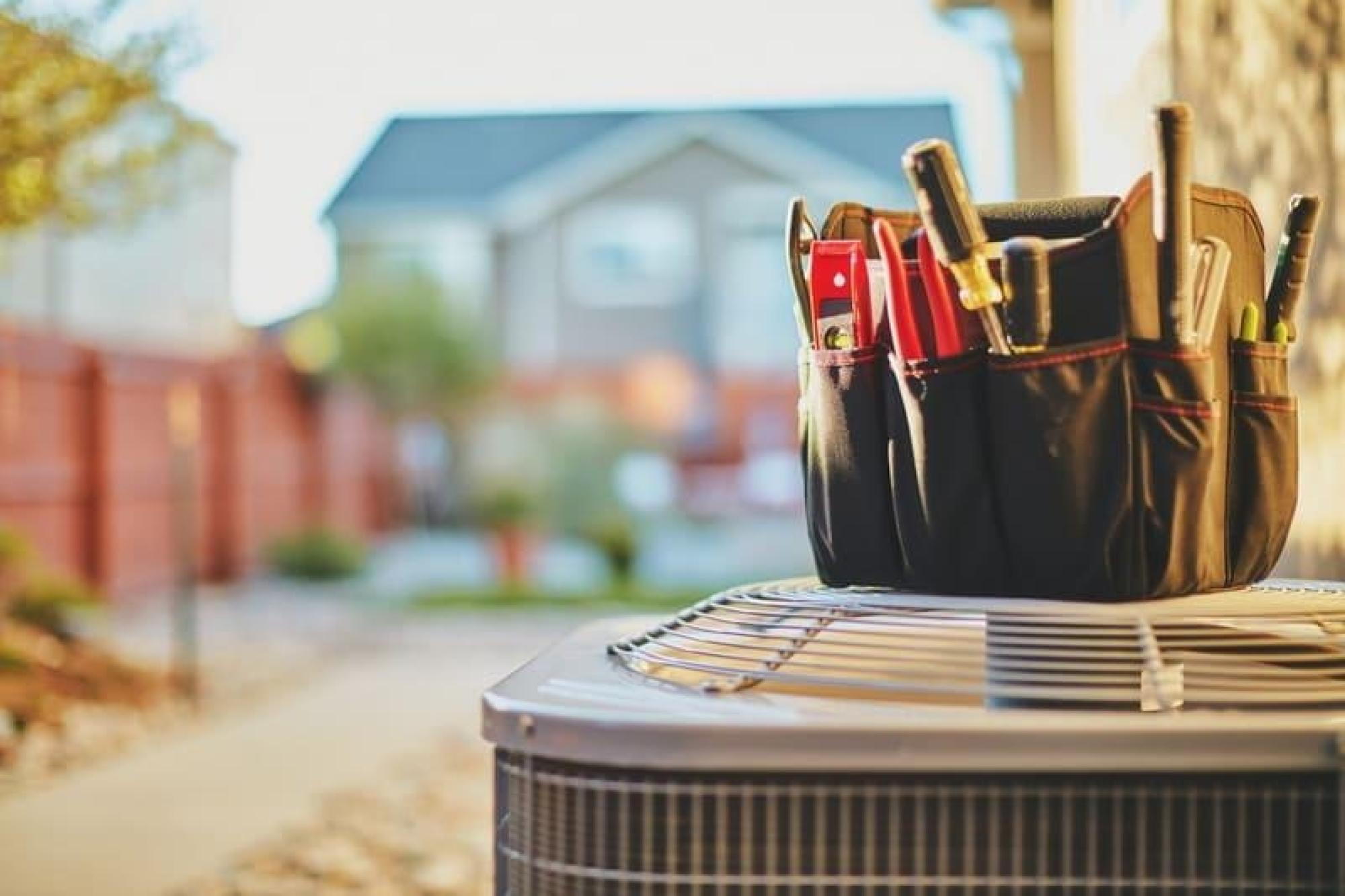
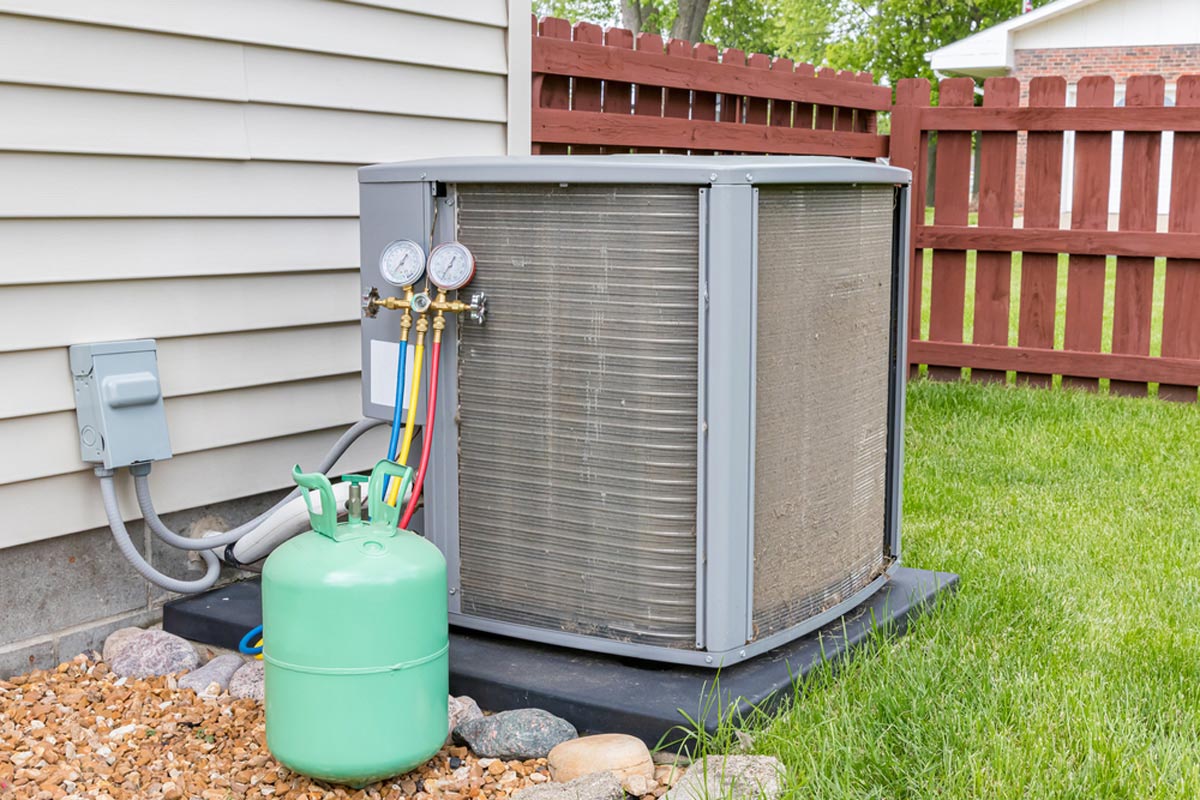
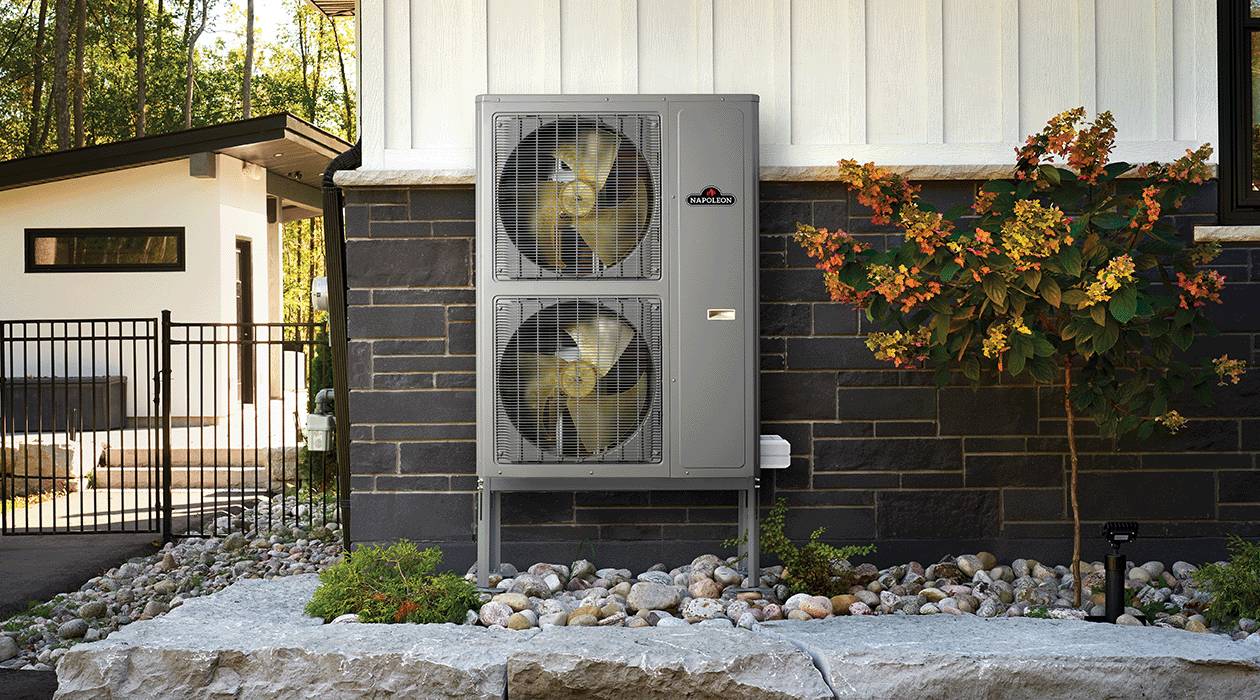

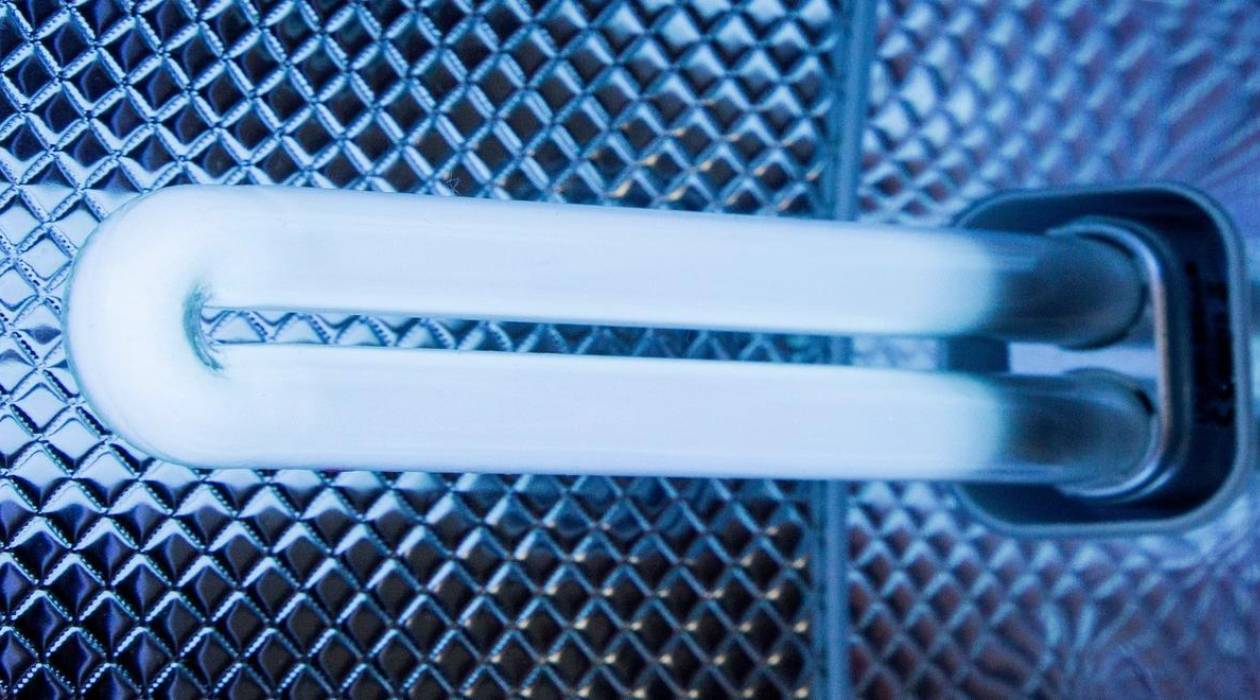
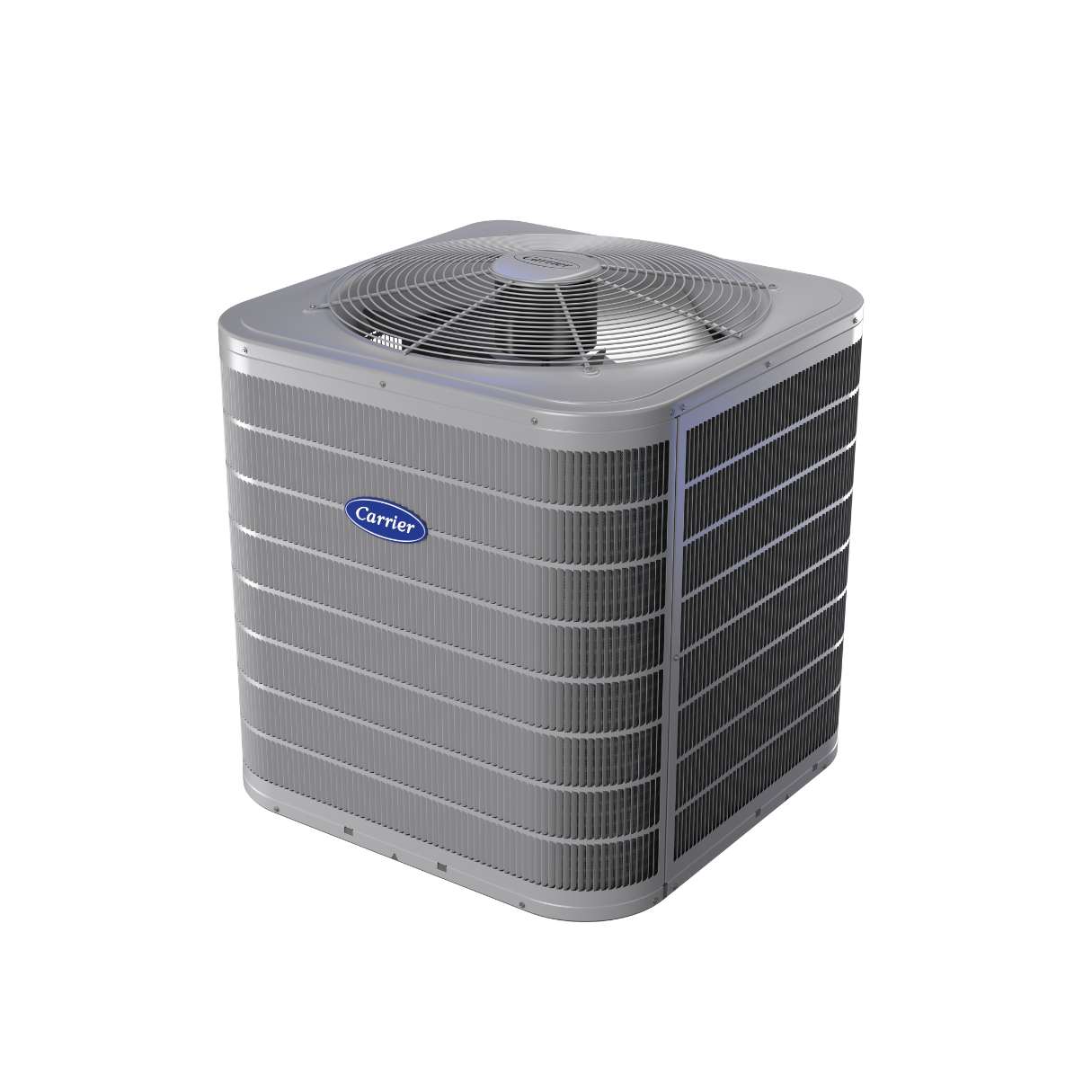
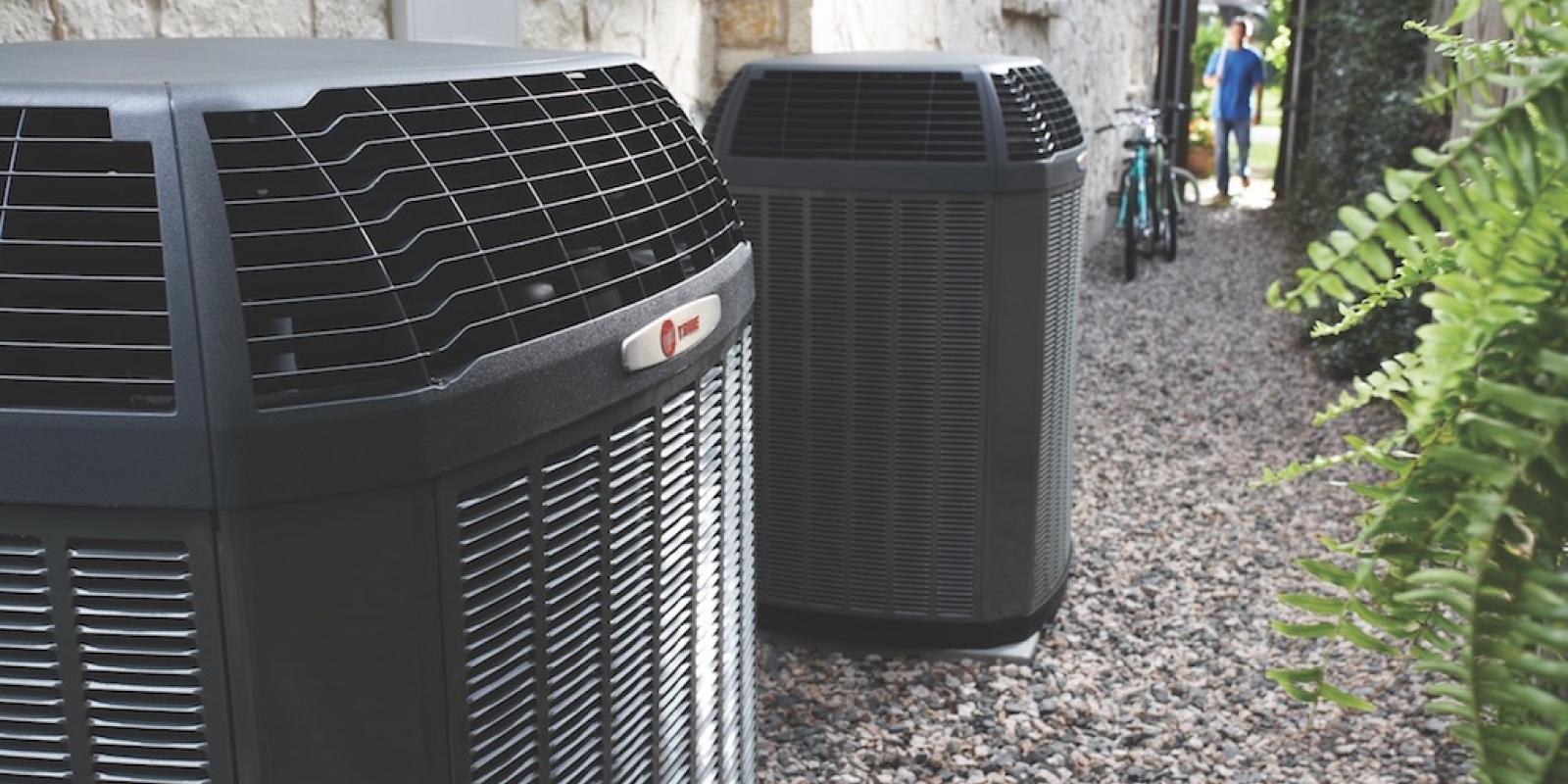

0 thoughts on “How Much Does It Cost For An HVAC Service Call”